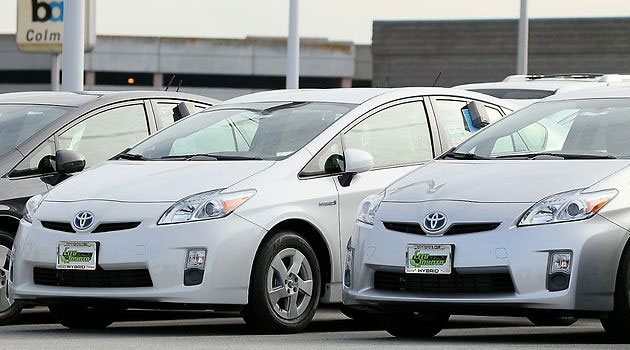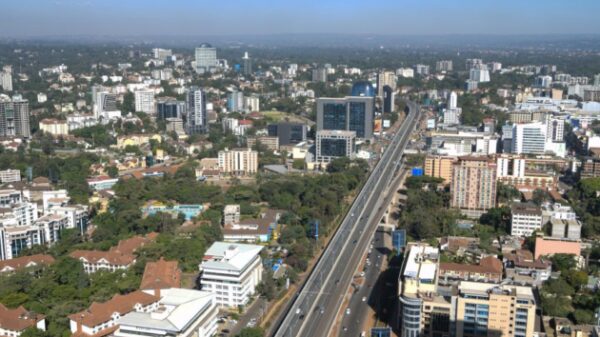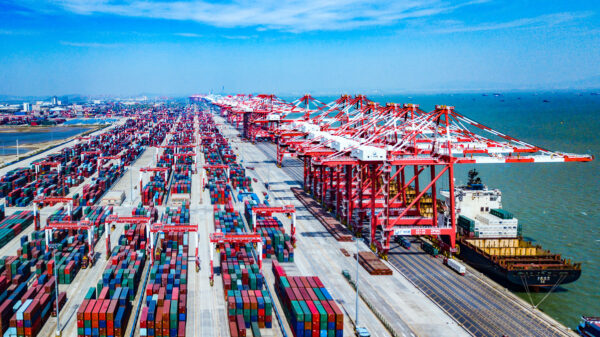
Trade and Industrialization Cabinet Secretary Peter Munya says the 15-year policy will assist in the creation of more jobs as the country moves away from using secondhand imported cars/FILE
NAIROBI, Kenya, Aug 9 – The government is finalizing the National Automotive Policy which is expected to position Kenya as a regional vehicle manufacturing hub.
Trade and Industrialization Cabinet Secretary Peter Munya says the 15-year policy will assist in the creation of more jobs as the country moves away from using secondhand imported cars.
“Available statistics show that the automotive industry is a big driver of employment. This cannot happen for Kenya if we decide to become a dumping market from countries where cares have been used for more than 8 years,” Munya said.
The proposed policy has however been met with opposition with second-hand motor vehicle dealers saying it would hurt the economy.
In April, Kenya Auto Bazaar Association (Kaba), a lobby for second-hand vehicle dealers, claimed that global automakers have been pushing for the total ban of second-hand cars into Kenya as they look for markets for their locally made units.
“It is important to know that not every stakeholder will be satisfied and what we need to do is create a balance that will majorly support growth in the industry,” he added.
The Ministry of trade estimated that new vehicles assembled in Kenya will contribute Sh50 billion in taxes per year in the next five years, from the current Sh8 billion.
Already, the government has banned the importation of 17 categories of used motor vehicle spare parts.
The banned items include oil filters, air cleaners, brake pads, clash plates, tubes, tires, ball-joints, tie rod-ends, rack ends, brake hose pipes, brake pipes, clutch cables, bearings, among others.
The government had initially planned to reduce the age limit of imported vehicles from eight to five years last month but extended the period to July 2020.

























